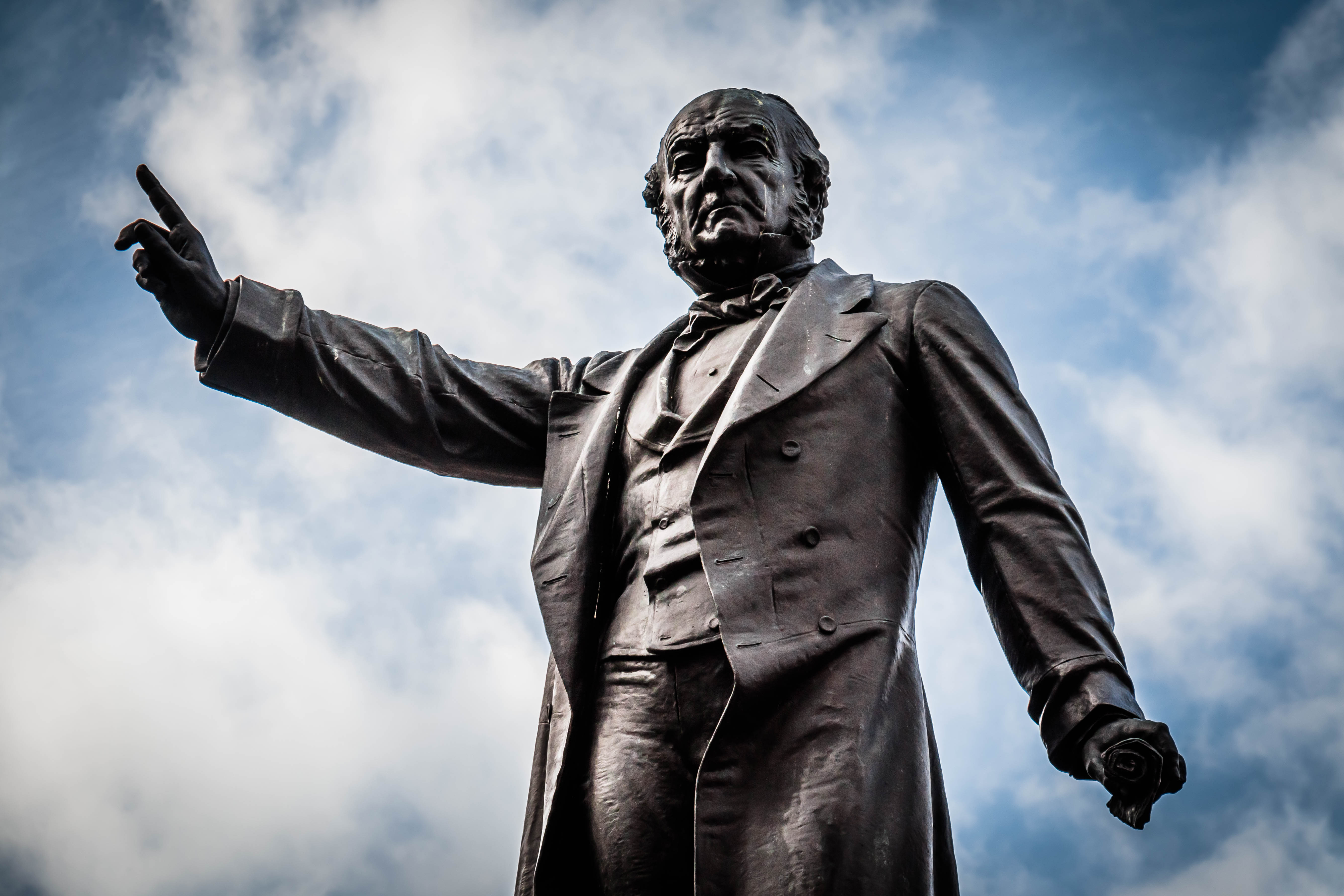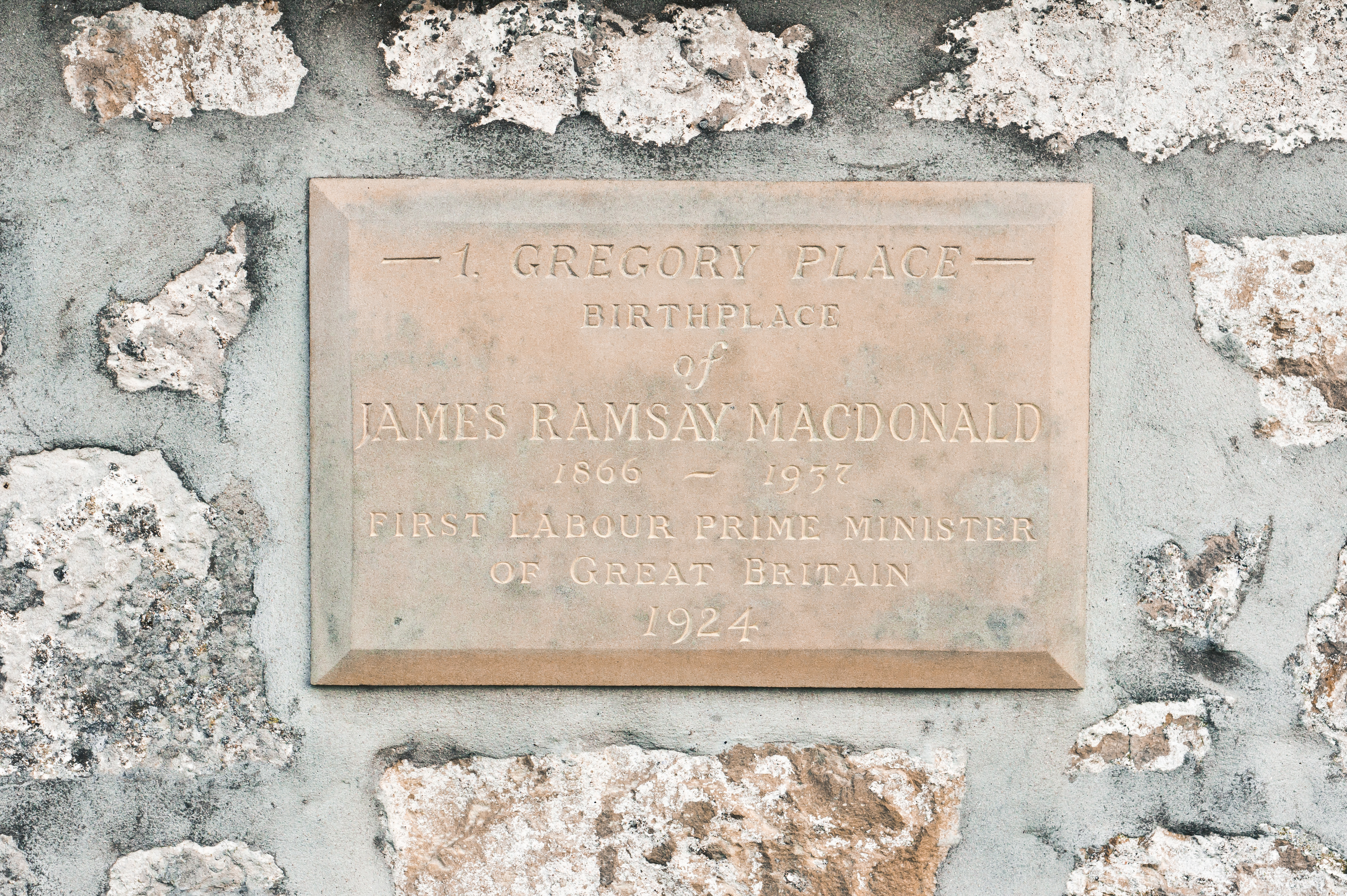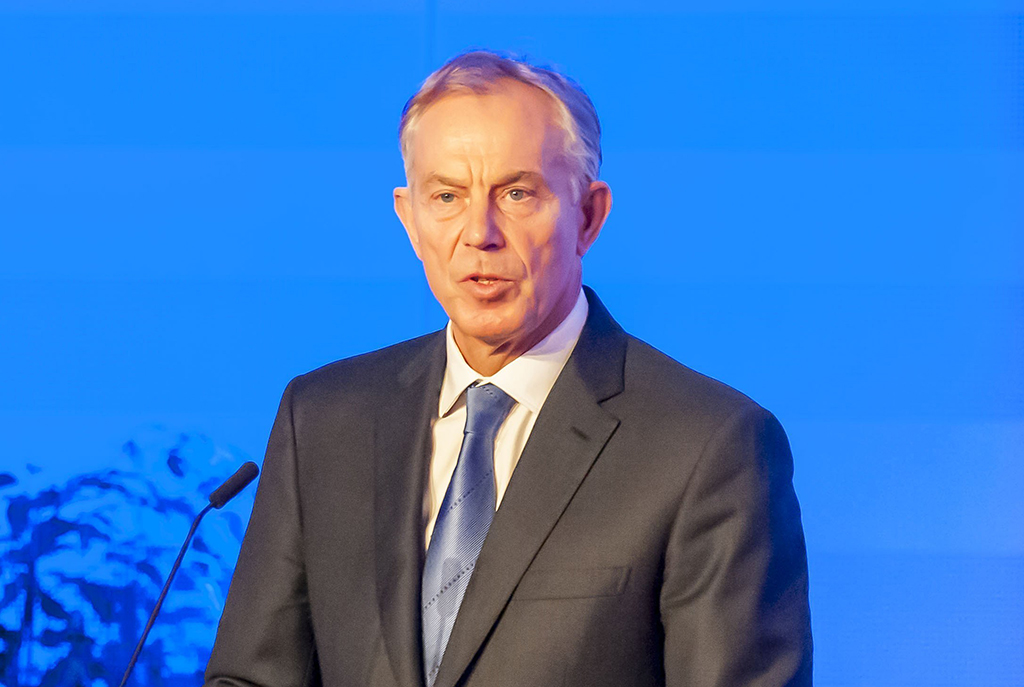
Ten Prime Ministers who were made in Scotland
Politics and our politicians are a hot topic right now, as Brexit lurches from one crisis to the next.
Whatever your political stance, Scottish soil is a notable cross-party breeding ground for some of Britain’s best – and worst – Prime Ministers.
Here we highlight 10 of note.
1. John Stuart, 3rd Earl of Bute (1713-1792)
In office between 1762 and 1763, Stuart was the first Prime Minister from Scotland after the Acts of Union in 1707. He was deeply unpopular in England – his appointment was largely down to the fact that he was a favourite of George III – and he eventually resigned after a number of verbal and even physical attacks. Apparently the 18th-century expression ‘Jack Boot’, meaning a stupid person, originated as a comment about his term as Prime Minister.
2. George Hamilton-Gordon, 4th Earl of Aberdeen (1784-1860)
Hamilton-Gordon’s rise in politics was rapid, becoming the Duke of Wellington’s foreign secretary after being a minister for less than six months. As Prime Minister – between 1852 and 1855 – he took Britain into the Crimean War, which proved to be his downfall. His personal life was peppered with tragedy: he lost both his parents when he was eleven, his first wife died after only seven years of happy marriage and his daughters died young.
3. Archibald Philip Primrose, 5th Earl of Rosebery)
Whilst at Eton, Rosebery demonstrated a remarkable intellect. Courted by both Disraeli and Gladstone, with the latter eventually winning out, Rosebery orchestrated Gladstone’s famous Midlothian Campaign of 1879 – based on the style of canvassing he had witnessed in American elections. When Gladstone retired in 1894 Rosebery succeeded him. His office was unsuccessful, and he resigned after one year. When he died, his estate was worth (in today’s money) almost £63 million, making him the richest Prime Minister ever.
4. Arthur James Balfour, 1st Earl of Balfour (1848-1930)
Born at Whittinghame House, East Lothian, in 1874 Balfour was elected MP for Hertford and, in 1878, became Private Secretary to his uncle, Robert Gascoyne-Cecil Lord Salisbury, who became Prime Minister in 1885. In 1887 Salisbury appointed him Chief Secretary for Ireland, an appointment that surprised many and may have led to the coining of the phrase ‘Bob’s your uncle’. In 1902 Balfour became Prime Minister and there followed a period that was marred by some high-profile cabinet resignations, which led to his own resignation in 1905.
5. Sir Henry Campbell-Bannerman (1836-1908)
A believer in free trade, Irish Home Rule and social improvement, Glaswegian Campbell-Bannerman has been referred to as Britain’s only ‘radical’ Prime Minister. He became Prime Minister in 1905 and subsequently led the Liberals to a landslide victory over the Conservatives in the 1906 General Election. During his term he gave important powers to local authorities and trades unions and introduced free school meals for all children. Forced to resign in 1908 due to ill health, he then died 19 days later.
6. William Ewart Gladstone (1809-1898)

A statue of William Ewart Gladstone in Albert Square, Manchester
Although born in England, Gladstone’s parents were Scottish; his father was from Leith and his mother was from Dingwall. In a political career that spanned over sixty years, Gladstone was Prime Minister for no less than four terms (1868-74, 1880-85, 1886 and 1892-4), more than any other person. He was also Britain’s oldest PM, forming his last government when he was 82. He was a hugely popular politician, and was known affectionately as the GOM – ‘Grand Old Man’, or according to his rival Disraeli, ‘God’s Only Mistake’.
7. Andrew Bonar Law (1858-1923)
Born in New Brunswick, Canada, Law is the only British PM to have been born outside the British Isles. In 1870 Law moved to Helensburgh, leaving school at sixteen to work at the family firm, a merchant bank in Glasgow. He then became a successful iron merchant before entering politics in
1897. He quickly claimed a space on the Conservative front bench, becoming party leader in 1911. He briefly became Prime Minister in October 1922 but resigned seven months later after being diagnosed with terminal throat cancer.
8. Alexander Frederick Douglas-Home, 14th Earl of Home (1903-1995)
As well as having the second briefest term in office of the twentieth century (from October 1963 to October 1964), Douglas-Home is also notable for being the last Prime Minister to hold office while being a member of the House of Lords, prior to renouncing his earldom and taking his place in the Commons. Between 1970 and 1974 he served in Ted Heath’s cabinet, before returning to the Lords as a life peer.
9. James Ramsay MacDonald (1866-1937)

MacDonald was one of the principal founders of the Labour Party, and the first-ever Labour Party Prime
Minister, first in 1924 and again from 1929 to 1931. Widely recognised as a powerful orator, he was also a lifelong pacifist. MacDonald was expelled from the Labour Party after forming a National Government with the Conservatives in 1931
10. Anthony Charles Lynton Blair (1953-)

Born in Edinburgh in 1953, ‘Tony’ Blair boarded at Fettes College before reading law at St John’s College, Oxford – after an unsuccessful year attempting to make it as a rock music promoter. Blair joined the Labour Party in 1975 and became MP for Sedgefield in 1983. From then his rise was rapid and he became leader after John Smith’s sudden death in 1994. In 1997, aged 43, Blair became the second youngest Prime Minister and carried on to become the Labour Party’s longest serving Prime Minister (1997-2007).
TAGS

